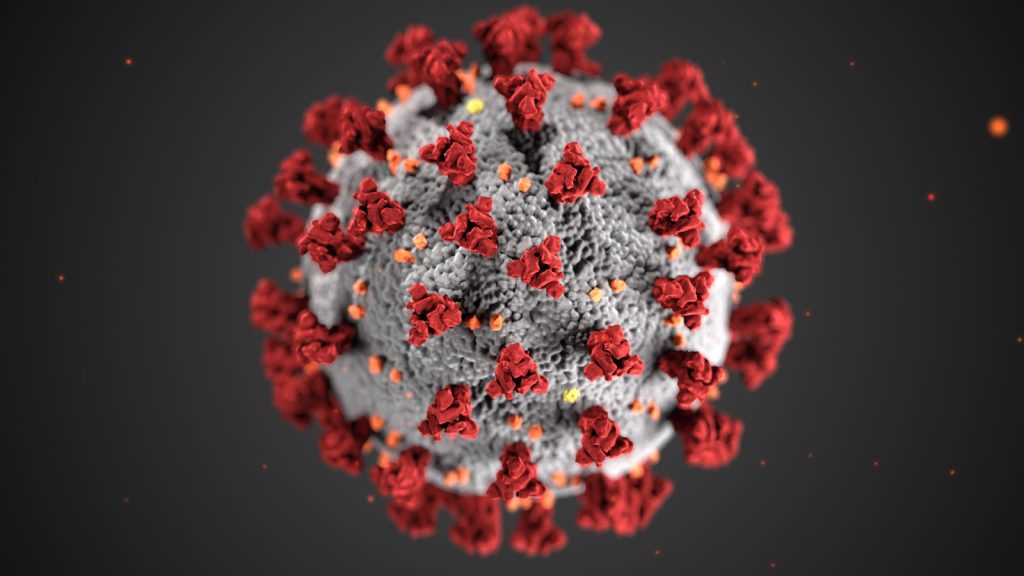- E-Mail: info@euromedical.ie
Menu

Coronavirus (COVID-19) is a new respiratory illness. It has not previously been seen in humans.
This type of coronavirus is also known as 2019-nCov or novel coronavirus.
Symptoms
It can take up to 14 days for the symptoms of coronavirus to appear.
These symptoms may include:
Coronavirus can also cause more severe illness including:
Risk of catching coronavirus
There has been no confirmed case of coronavirus in Ireland.
The risk of getting coronavirus in Ireland is low.
If there is a case here, health professionals will try to contact anyone who has been in contact with the infected person.
If you are not contacted, you are extremely unlikely to catch coronavirus.
You do not need to follow any advice in relation to coronavirus if you have:
When you may need a test
You will only need to be tested for coronavirus if you have symptoms and have in the last 14 days been:
If your doctor thinks that you need a test for coronavirus, they will tell you where the test will be done. They will also tell you when to expect your results.
When you may need to isolate yourself
You only need to isolate yourself from other people if you have symptoms of coronavirus and have in the last 14 days been:
How coronavirus is spread
Coronavirus is spread in sneeze or cough droplets.
You could get the virus if you:
Because it’s a new illness, we do not know how easily the virus spreads from person to person. We do not know if someone can spread the virus before they show symptoms.
The virus may only survive a few hours if someone who has it coughs or sneezes on a surface. Simple household disinfectants can kill the virus on surfaces.
Packages from China
You cannot get coronavirus from packages or food that has come from China or elsewhere.
There is no evidence that animals or animal products legally imported into the EU are a health risk due to coronavirus.
Protect yourself
Do
Don’t
The flu vaccine does not protect against coronavirus.
Wash your hands:
Facemasks
Don’t:
Do:
You should use a facemask if you:
Treatment
There is no specific treatment for coronavirus. But many of the symptoms of the virus can be treated.
If you get the virus, your healthcare professional will advise treatment based on your symptoms.
Antibiotics do not work against coronavirus or any viruses. They only work against bacterial infections.
Vaccine
There is currently no vaccine to treat or protect against coronavirus.
At-risk groups
We do not know for sure which groups are most at risk of complications if they catch coronavirus.
But it is likely you are more at risk if you catch coronavirus and:
Children and coronavirus
The risk of your child catching coronavirus at school or in childcare is low.
If your child has recently travelled to mainland China, follow the guidance above.
Encourage your child to wash their hands regularly and properly.
Pets
There is no evidence that pets such as cats and dogs cannot catch or spread coronavirus.
Avoid all non-essential travel to China
Don’t:
Wash your hands properly and regularly with soap and water.
Ref: HSE 202
021 4371982
087 2378601
info@euromedical.ie